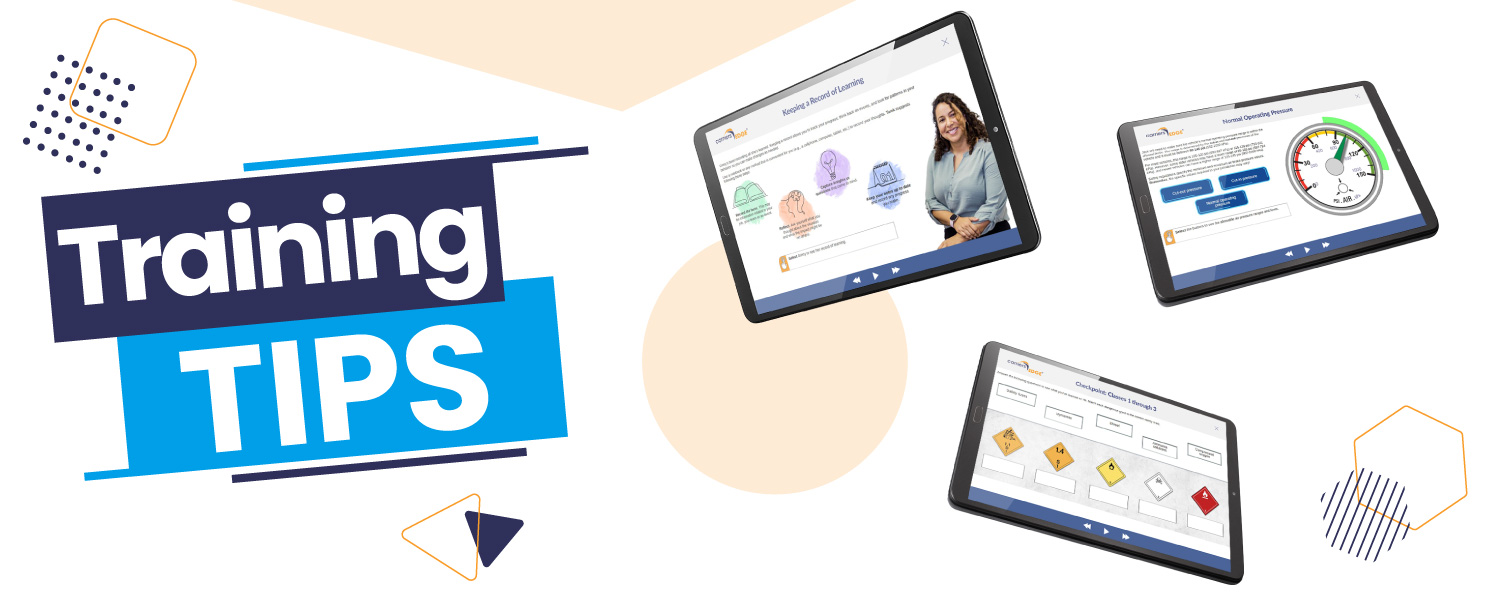
Tips for improving fuel efficiency: the pre-skills behind the fuel bills
October 16, 2024
Is it possible to save money on fuel by relaxing? What about eating better? There’s no shortage of advice for drivers on how to improve fuel efficiency, but it doesn’t tend to include things like that. Instead, it usually lists recommendations like checking your tire pressure and wear, reducing idling and aggressive driving, proper vehicle maintenance, and so on.
But what’s missing from a lot of this guidance is how to unlock the skills that are behind all those other practical suggestions. What kind of habits do drivers need so that they are regularly monitoring tire pressure and maintenance issues? What can they do to calm down before they start driving aggressively?
To help, here are three categories of advice that fuel-saving tips tend to fall into, as well as the pre-skills drivers need in order to put that advice into practice on a consistent basis.
Vehicle maintenance (pre-skill: inspection)
It’s absolutely true that you can save fuel by keeping your tire pressure right, watching tread depth, and generally keeping the vehicle in good working order. But if drivers aren’t trained with the right ‘eyes’ for inspection they’re going to miss things—and miss them on a regular basis.
So how do you change their perspective from inspection being something they have to do to something they want to do? Reinforce pre-trip inspection vigilance by incentivizing it—hide markers on their truck that can only be seen with a good pre-trip inspection, and then reward drivers when they turn them in. Consider bonuses for identifying safety and maintenance issues even on machinery that isn’t theirs. And watch out for PM downtime—if you’re not getting your drivers in another vehicle or paying them during downtime, you’re actually de-incentivizing them to catch maintenance issues.
By building an ‘inspection culture’ where drivers seek out maintenance problems to correct, they’ll internalize the skills that also lead to better fuel performance, as well as all the other benefits that come with it.
Reduce aggressive driving (pre-skill: self-care)
It’s fine to tell someone not to speed, hard brake or accelerate too quickly, but just saying ‘don’t do it’ seems oversimplified. When it comes to aggressive driving, there are several possible causes, including impatience, fatigue, or even feeling unwell from lack of exercise or an unhealthy meal. Tempers can get short when a driver’s mind is distracted like that.
But those problems can be traced back to self-care—monitoring and troubleshooting sleep, building in better eating and lifestyle habits as well as evaluating emotional wellness and being more mindful of one’s state of mind.
To get them on the right track, consider investing in emotional intelligence training or adding nutrition and sleep consultation to the company EAP. If you can set drivers up with the resources and skills to manage their own self-care, then you’re ready to talk about managing fuel consumption by driving with a clear and level head.
Reduce idling (pre-skill: route planning)
If a driver is stuck in traffic, does it make sense to tell them to just reduce their idling? What if the weather forces them to pull off? While there are going to be factors that are out of the driver’s control, there are actually a number of things they can do to reduce idling to save on fuel—but that takes planning. And if that pre-skill isn’t well-developed, they’re going to have a hard time maximizing all of the possible chances at fuel savings.
Make sure your drivers are up to speed on new apps and resources for tracking weather, traffic, construction and more. Proper trip planning should not only include thinking about getting to the destination but also planning fuel and rest stops, parking as well as time-of-day routing to avoid rush hour in busier areas.
They won’t always be able to avoid drags on their fuel efficiency—there’s not much you can do about a hard winter headwind. But managing fuel consumption is about maximizing the opportunities to save fuel when they arise, and the planning pre-skill is the kind of ability that can help a driver get out ahead of avoidable engine use.
Of course, there are other factors you can invest in for fuel savings like aerodynamics for the vehicle. But if the driver is the key to the active management of fuel consumption, investing in pre-skills will pay off in the long run—and not just with fuel efficiency, but also all of the other benefits that come with route planning, good maintenance and learning to take care of yourself.